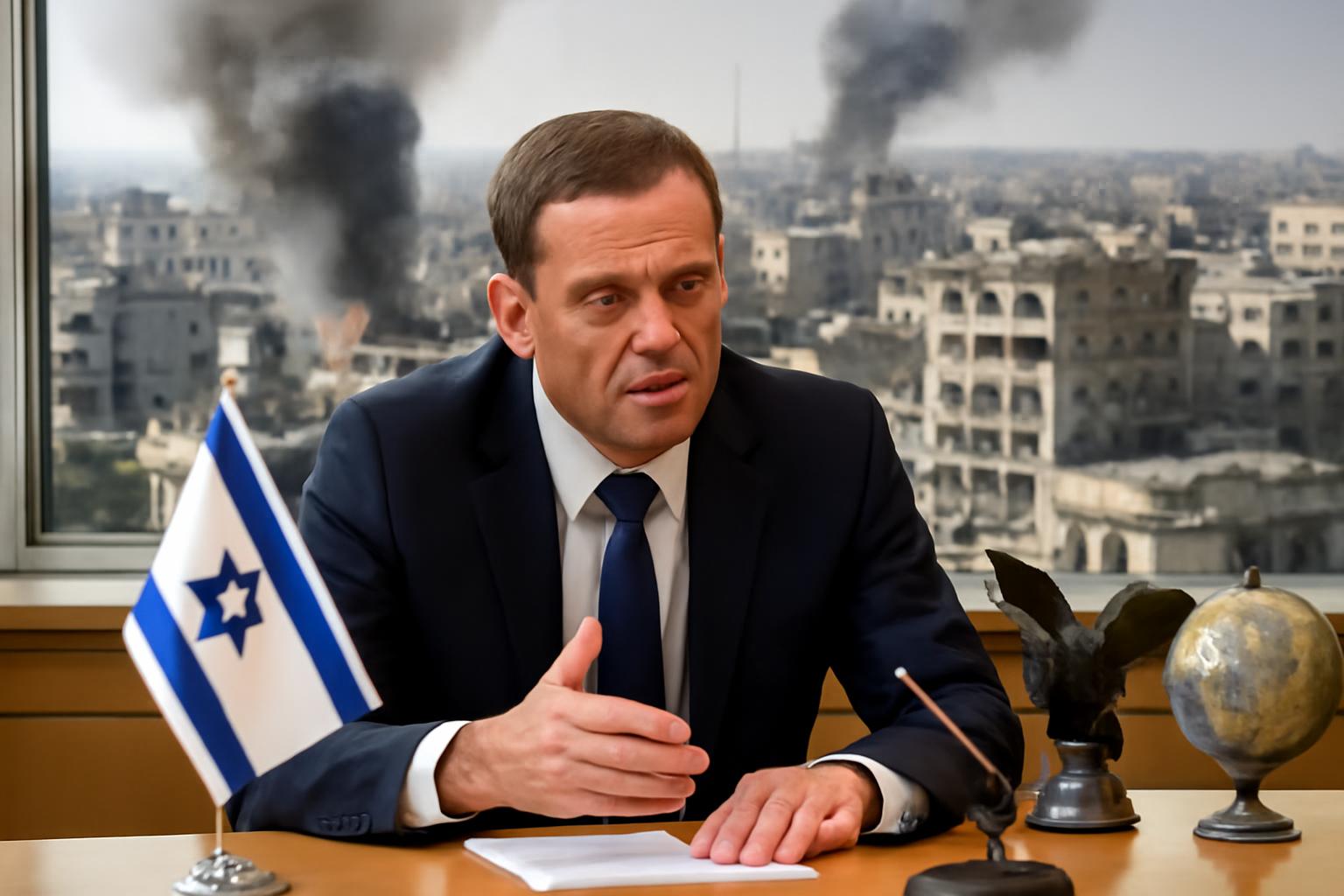Israel has mobilized a large reserve force and appears to be pressing to encircle and seize Gaza City as part of a broader military campaign. The UN has pleaded for an immediate ceasefire and warned that a major assault around a densely populated urban center would yield massive loss of life and destruction, while also urging a reversal of settlement expansion in the West Bank. Concurrently, mediators from Qatar have pursued a 60-day ceasefire tied to hostage negotiations; Hamas has signaled acceptance of a framework allowing some releases and the repatriation of some dead, though Israel has insisted that all 50 hostages be released, claiming about 20 are still alive, a stance that has prompted demonstrations by relatives at the Gaza border. The army has framed the next phase as a precise, stepwise operation around Gaza City, including areas that have not seen heavy troop presence, with provisional approval for the phase and a faster timetable ordered by Prime Minister Netanyahu. Officials warn the campaign could stretch for months, perhaps into 2026. Hamas has dismissed the mediation efforts as a grave disregard for diplomacy, while concerns over civilian evacuation and the delivery of aid underscore the humanitarian toll of the fighting.
What is happening here is not merely a battle over a city but a decisive test of how a modern polity conducts itself under the immense strain of war and the temptation to rely on centralized command in the name of security. The impulse to precise, targeted disruption—mobilize, surround, seize—rests on the belief that information flows from the top and that plan and control can compress the complexity of thousands of lives into a manageable tactical map. Yet war is the grand theatre where the limits of such top-down calculation are most evident. The world is a mosaic of local knowledge, of roads and markets and relief corridors known only to innumerable individuals and institutions operating in real time. Every decision made in a capital about “the next phase” of a campaign around a city risk severing those delicate connections that allow ordinary life to continue, that sustain economies, and that channel aid to the most vulnerable. The more the state commands, the more the economy and civil society must cope with the unintended consequences of such commands.
The ceasefire talk and hostage exchanges, noble as they may be in humane intent, reveal a deeper truth: peace is not the outcome of a single coercive act or a grand bargain imposed from above. It is built in the quiet, stubborn work of ordinary people and institutions that operate within predictable rules and enforceable norms. A long campaign—months that threaten to blur into years—threatens to hollow out those rules, to erode trust, and to convert civilians into the currency of strategic calculation. The desire for quick victory by siege around a city is a temptation to replace open, cooperative order with the brittle certainty of force. It is a temptation the social order cannot sustain without sacrificing the very conditions that give human beings the liberty to live, trade, learn, and help one another.
If there is a path toward lasting security, it lies not in expanding the reach of coercive power but in restoring the conditions under which free exchange and voluntary cooperation can flourish even in adversity. That means safeguarding humanitarian corridors, enabling neutral oversight, and anchoring any pause in hostilities in credible, verifiable commitments that protect civilian lives and rights. It means recognizing that the most humane and enduring response to fear is not the concentration of power but the constraint of power by law, by proportionality, and by the relentless pursuit of arrangements that respect the dignity and agency of all people involved. The hard question remains: can the actors in this crisis accept a framework in which peace is valued not for the temporary preservation of advantage but for the steady creation of a stable order in which life, liberty, and livelihood endure beyond the drumbeat of the next battle? If they can, the ceasefires and negotiations may yet do what the bombs cannot—produce a foundation for peace that does not depend on the domination of one side over another, but on the mutual recognition of rights, responsibilities, and the practical realities of living together in a shared moral and economic order.
